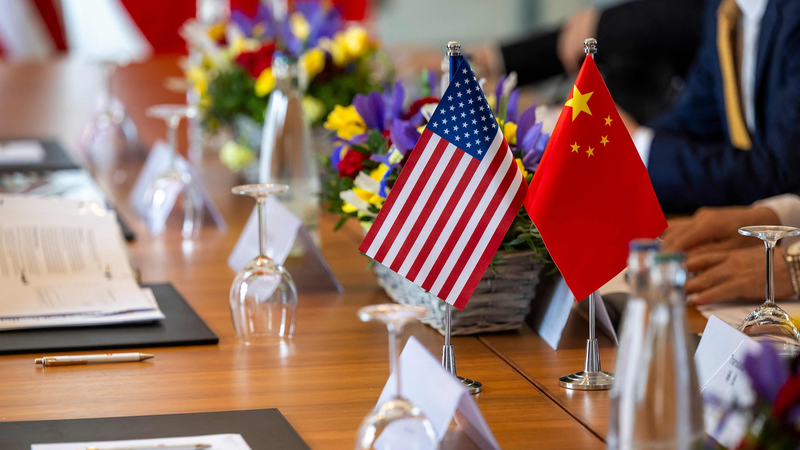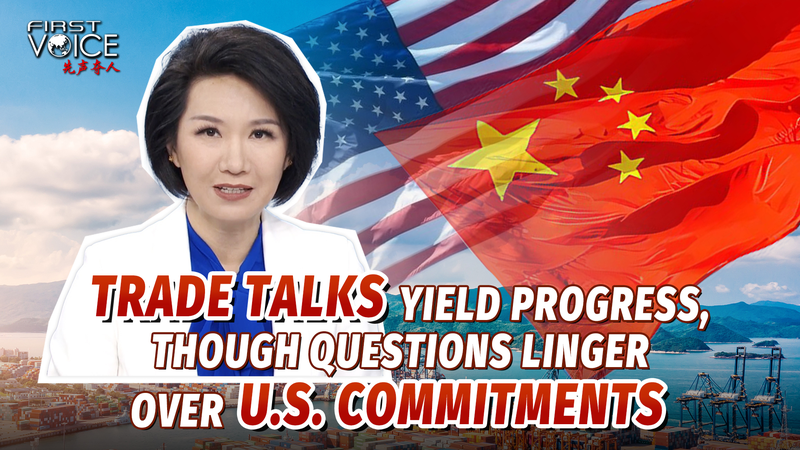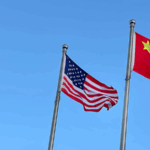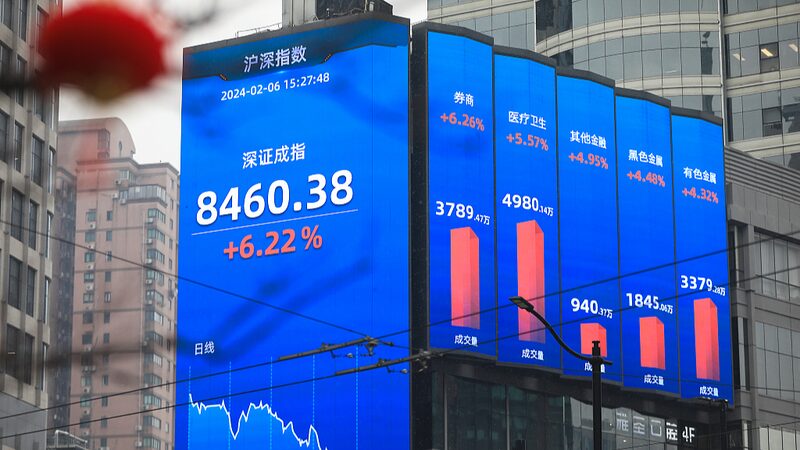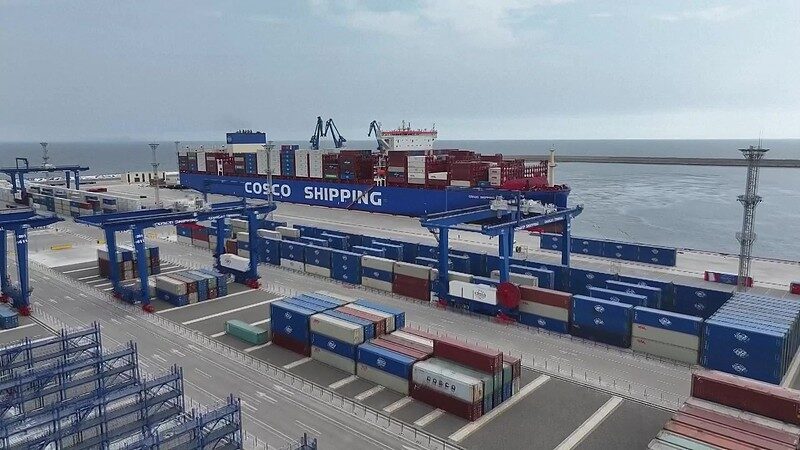Recent high-level economic discussions between China and the U.S. in London have yielded a framework agreement aimed at reducing trade tensions, building on previous agreements and the spirit of dialogue between leaders. While markets reacted with cautious optimism, experts warn that implementation challenges and strategic divergences could test the durability of this progress.
Market Reactions and Strategic Realities
Asian stock markets saw modest gains following the talks, reflecting hopes for stabilized trade relations. However, economists emphasize that volatility remains inevitable as both nations navigate fundamental disagreements. The absence of detailed commitments in the framework suggests a focus on crisis management rather than long-term alignment, requiring businesses to adopt flexible strategies for supply chain resilience.
Decoupling Dynamics and Corporate Strategies
Despite U.S. efforts to diversify supply chains, analysts note that no region can fully replicate China's manufacturing ecosystem. Many American firms continue prioritizing the Chinese market while advocating for predictable policies. 'Companies aren’t fleeing China – they’re adapting to manage risks,' observes Sun Chenghao of Tsinghua University. This trend is driving localized operations and dual supply chain investments within China.
Tech Wars and Structural Shifts
The U.S. push to reduce dependence on Chinese semiconductors, rare earths, and medical supplies signals a lasting strategic shift. Meanwhile, China’s technological advancements face growing export controls, transforming trade disputes into national security battlegrounds. This 'digital iron curtain' may force global businesses to navigate competing standards, potentially raising costs and complicating international partnerships.
As both nations balance cooperation with competition, the London framework offers temporary relief rather than permanent solutions. Stakeholders across industries must prepare for prolonged uncertainty in one of the world’s most consequential economic relationships.
Reference(s):
What's next for China-U.S. trade relations after the London talks?
cgtn.com
